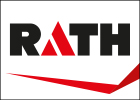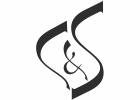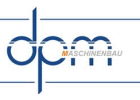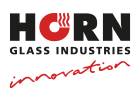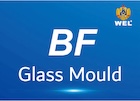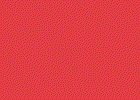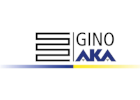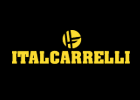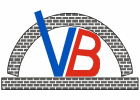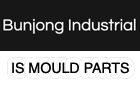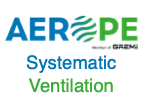Gerresheimer has commissioned a partial-flow exhaust air purification system at its Essen, Germany plant.
This will ensure that the glass manufacturer’s existing system complies with the more stringent clean gas values that apply after a glass tank replacement – for half the investment cost of conventional methods.
The solution is based on the new Ecopure CCF developed by Dürr.
Gerresheimer is a pharmaceutical and cosmetics glass manufacturer that uses two melting tanks at Essen.
The planned modernisation of one of the furnace and the higher production capacity associated with this means the existing exhaust air purification system may no longer be able to achieve the clean gas values for dust and nitrogen oxide (NOx).
In order to prepare the existing system for the future increase in output, Luft- und Thermotechnik Bayreuth (LTB), a subsidiary of Dürr, developed a concept with Ecopure CCF.
The high melting temperatures required during glass production result in large quantities of pollutants.
Gerresheimer merges the contaminated exhaust air from the two glass furnaces into one exhaust air purification system. In the future, half of the exhaust air will be treated in an Ecopure CCF.
This technology combines the three individual processes of exhaust air purification, enabling one system to precipitate dust, absorb sulphur and reduce nitrogen oxides from the exhaust air.
This is done using catalytic candle filters, whose ceramic fibres can withstand temperatures of up to 900°C.
The exhaust air, treated in the Ecopure CCF, is then returned to the existing system, where it mixes with the exhaust air purified there.
The Ecopure CCF ensures that the exhaust air as a whole complies with all required clean gas values. The investment costs for partial-flow treatment are therefore half of typical alternatives.
This would have involved replacing the existing system completely with a new one or upgrading the existing system with a downstream system.



